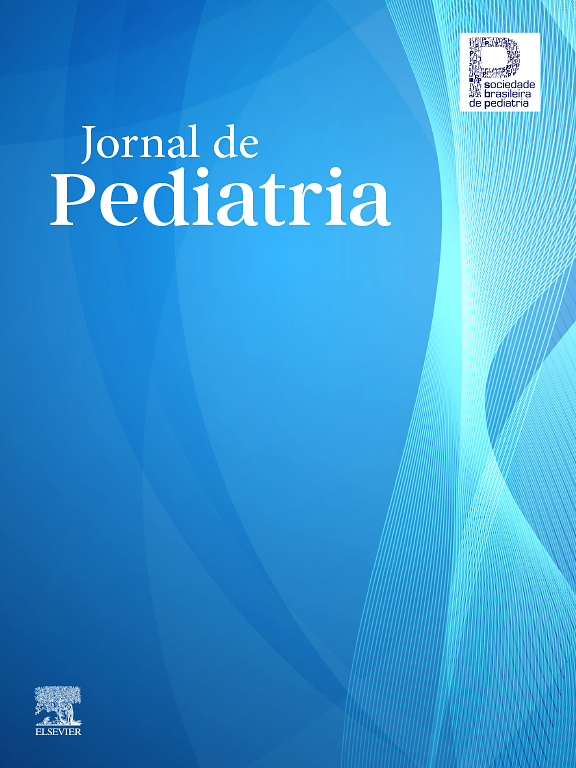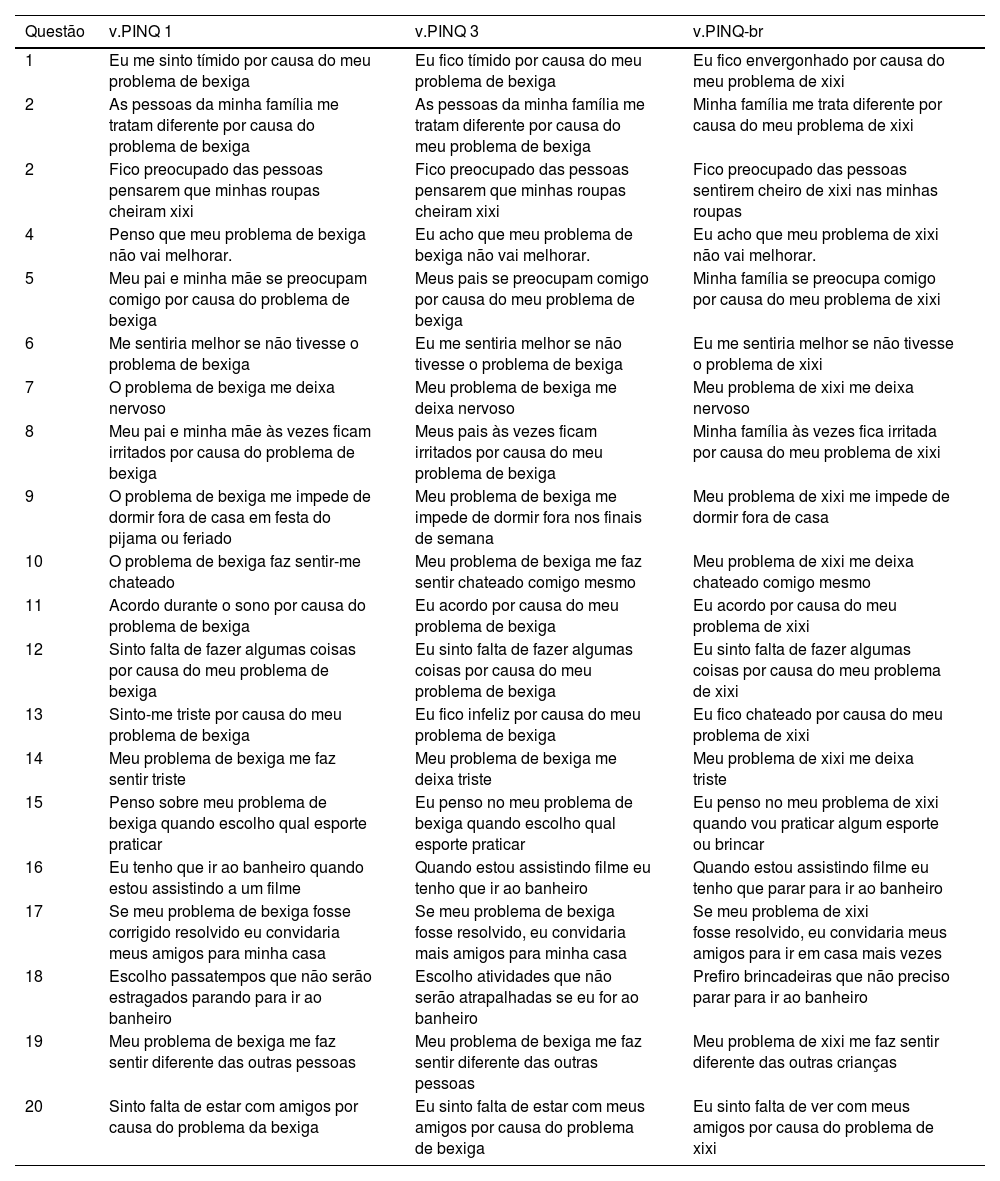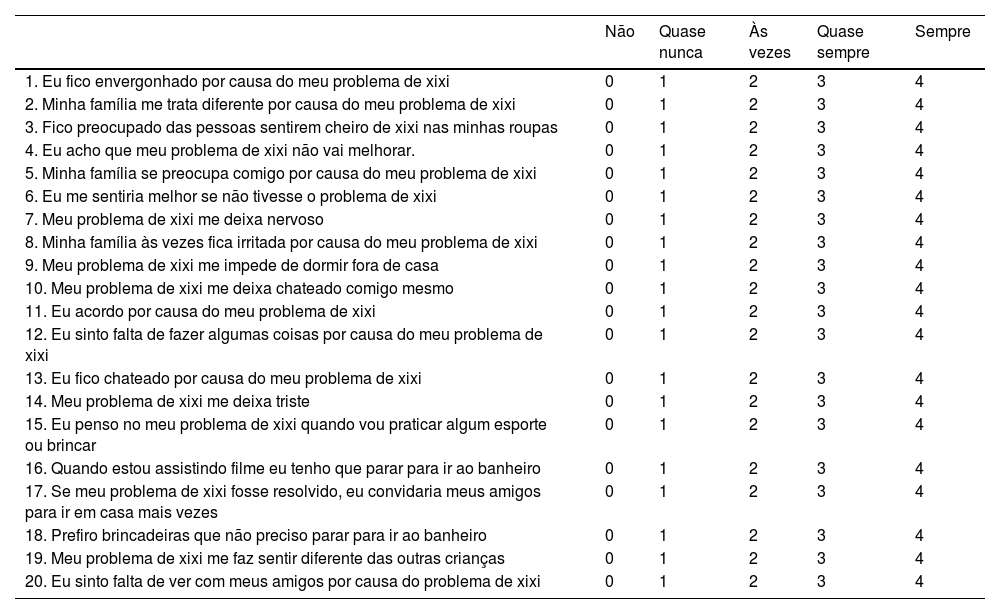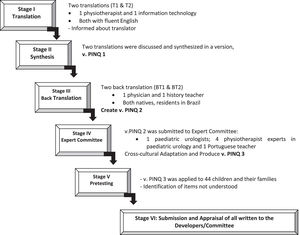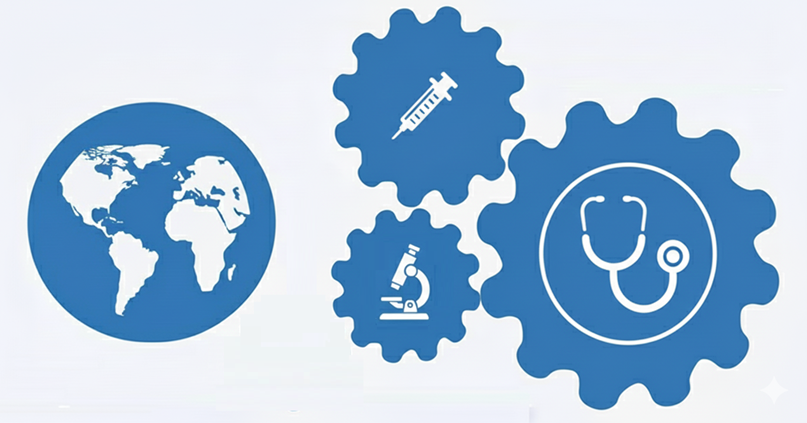Lower urinary tract symptoms (LUTS) affect approximately 10% of children worldwide and are related to psychosocial manifestations and compromised quality of life, both for children and their families. The assessment of emotional conditions of LUTS in children is recommended by International Children's Continence Society; however, there is no specific instrument in the Brazilian Portuguese language. Therefore, the aim of this study was to translate, culturally adapt and assess the internal consistency of the Brazilian Portuguese version of the Pediatric Incontinence Questionnaire (PINQ).
Material and methodsThis cross-sectional study was performed at two referral centers for childhood voiding dysfunction. The 20-item PINQ was translated into Brazilian Portuguese and culturally adapted according to Beaton, 2000. His-standard methodology consists of 6 phases: translation, synthesis, back-translation, expert committee, and pre-test. The internal consistency was assessed using Cronbach's alpha.
ResultsThe PINQ-br version was developed, validated by a committee of experts, and pre-tested on 44 children diagnosed with lower urinary tract symptoms, 23 boys and 21 girls (mean age: 9.7 and 9.6 years old respectively), as well as on their parents. The internal consistency was considered satisfactory, reaching Cronbach's alpha coefficient of 0.74 when applied to children and 0.82 when applied to parents.
ConclusionsThe PINQ was translated and culturally adapted to Brazilian Portuguese to assess the impact of LUTS on the health-related quality of life in Brazilian children and adolescents.
Lower urinary tract symptoms (LUTS) are a common problem in childhood and correspond to 40% of visits to a pediatric urologist. It is estimated that LUTS is present in 10% of children worldwide1,2 and in 24.2% of Brazilian children between 3 and 9 years of age.3
There is great variability in the clinical presentation of LUTS characterized by several urinary symptoms, including daytime urinary incontinence, bedwetting, voiding dysfunction, post voiding residual, vesicoureteral reflux, urinary tract infection, associated in most cases with gastrointestinal disorders such as fecal constipation and/or incontinence.1
The LUTS etiology is multifactorial and it is strongly related to behavioral, sleep, respiratory, hormonal, and metabolic disorders, obesity, learning deficit, alteration of visuomotor perception, coordination disorders, posture, and balance.4–11 It also, has an important psychosocial impact, with manifestations of low self-esteem, insecurity, slow school performance, and social exclusion, factors that considerably compromise the general development and the health-related quality of life (HRQOL) of children, adolescents, and their families.12,13
The International Children's Continence Society (ICCS) recommends assessing the impact of LUTS on the HRQOL of children and adolescents, however in Brazil, there is no Brazilian Portuguese language instrument to measure HRQOL specifically for LUTS. Therefore, the aim of this study was to translate, culturally adapt and assess the internal consistency of the Brazilian Portuguese version of the Pediatric Incontinence Questionnaire (PINQ).
Materials and methodsThis multicenter cross-sectional study report followed the STROBE (Strengthening the Reporting of Observational Studies in Epidemiology) reporting guidelines (https://www.strobe-statement.org/). Was carried on Hospital das Clínicas da Faculdade de Medicina da Universidade de São Paulo and Hospital Municipal Infantil Menino Jesus, two centers referenced in pediatric care.
The population was children outpatients with diagnosed with LUTS by Dysfunctional Voiding Symptom Score (DVSS)14 screening in the age range of 6–16 years old and their legal guardians who signed a consent form approved by the Ethics Committee of this hospital (CAPPesq n° 2.179.498, CAAE 70,682,317.5.0000.0068). The DVSS is an objective score system for disorders voiding in children, validated in Brazil.15 Includes 10 quantitative and qualitative urological questions, and has been used as an objective instrument to grade voiding dysfunction in this population. Children with anatomical changes in the urinary tract, genetic syndromes, neurological conditions, or cognitive impairments were not included in the study.
The Pediatric Incontinence Questionnaire (PinQ),1 was developed and tested by Dr Wendy Bower et al.16–18 at the Chinese University of Hong Kong, China in 2006. The instrument is a simple and easy-to-apply 20-question questionnaire, scoring from 0 “No” and 4 “Always” on a Likert scale, with a total of 80 points in which the higher the score, the greater impact of LUTS in the HRQOL. The original instrument was written in English, and available in self-applicable and proxy versions. There is also a German version adapted by Bachmann et. all composed of 21 questions, scoring from 0 “No” and 4 “Always” on a Likert scale, with a total of 84 points in which the higher the score the greater the impact of LUTS in the HRQOL.19
Dr. Wendy Bower has authorized the translation and cross-cultural adaptation of the Pediatric Incontinence Questionnaire (PINQ) into Brazilian Portuguese. The process of translation and cross-cultural adaptation followed the model used by Beaton,20 composed of 6 stages (Figure 1).
Once the translations were performed, the two translations were discussed and merged into the v.PINQ1, which was back-translated, creating the v.PINQ2.
The v.PINQ 2 was submitted to the appraisal of the expert committee composed of one pediatric urologist; four physiotherapist experts in pediatric urology and one Portuguese teacher, who met face-to-face to analyze the content validity, conceptual equivalence, language adequacy related to the semantics/idiomatic and culture of each item, comparing the original instrument and the v.PINQ 2, ensuring the best fit with the context and experiences of Brazilian children. The items were considered to be in good agreement by the Committee when the percentage of agreement was approximately 90%. The adaptation suggestions were successfully consolidated reaching the content, semantic, idiomatic, experiential, and conceptual equivalence and resulted in v.PINQ 3.
The v.PINQ 3 was submitted to pretesting and applied to children with LUTS and their families, to verify the cultural adaptation and internal consistency of the instrument. The application time varied from 10 to 15 min, similar to that predicted by the developer. The expert committee analyzed the pretesting data that showed the need for small changes in words and expressions, which didn't compromise the content, and a new pretest was not necessary. Thus, PINQ-br was obtained and had the approval of the developer.
Standard statistical software (IBM SPSS, version 19.0, Armonk, New York, USA) was used for data analysis. A descriptive analysis was performed to characterize the sample, and Cronbach's alpha coefficient was applied to verify the internal consistency of the instrument. Cronbach's alpha values > 0.70 were considered evidence of satisfactory internal consistency.21
ResultsThe expert committee that analyzed the translations has pointed to correspondence between the translated items, semantic equivalence between the two translations, and no difficulty in interpreting the translated versions. Marginal adjustments were made to facilitate understanding and better adaptation to Brazilian culture.
Regarding the options of the Likert scale, the committee has chosen more suitable words for childhood language: (0) “no” = “não”; (1) “hardly ever” = “quase nunca”; (2) “sometimes” = “as vezes”; (3) "Often" = "quase sempre", and; (4) "all the time" = "sempre". For the self-applicable version of PINQ-br, it was considered always using the pronouns "eu" (“I”) and "meu" (“mine”) for example “Eu estou preocupado…” (“I am worried…”); “…por causa do meu problema de bexiga” (“…because of my bladder problem”). Note that as in Portuguese the use of personal pronouns is not mandatory, in the translated versions, the pronouns were not always translated.
In the pretesting phase, the v.PINQ-br was applied to 44 children diagnosed with LUTS by DVSS screening, 23 boys and 21 girls (mean age: 9.73 and 9.68 years respectively) and to their families as well. Afterward, they were all interviewed to assess the difficulties encountered in completing it and identify if there were questions or words that were difficult to understand.
After pretesting, some questions were adapted to the language commonly used by Brazilian children, but the changes didn't change the real meaning of the questions. The expression “bladder problem” previously translated to “problema de bexiga” was modified to “problema de xixi” (xixi means pee), because it was more understandable by the children and their family. The expression “minha família” (means my family) was also adopted in place of the expression “mum and dad” to include the other family members with who the child lives or other close family members who take care of the child.
The internal consistency was considered satisfactory, confirmed by Cronbach's alpha coefficient of 0.74 for the test with children and 0.86 for the test with parents.
The cultural, linguistic, and semantic adaptations obtained from v.PINQ1 can be seen in Table 1. The PINQ-br can be seen in Table 2.
Adaptations of the pediatric incontinence questionnaire (Pinq) in the translation and transcultural adaptation to Brazilian Portuguese process.
– Brazilian Version of the Pediatric Incontinence Questionnaire (PINQ-br).
QUESTIONÁRIO DE IMPACTO DAS DISFUNÇÕES DO TRATO URINÁRIO INFERIOR NA QUALIDADE DE VIDA RELACIONADA À SAÚDE EM CRIANÇAS - PINQ-br
Nome da criança:_______________________________________________________________________________________________
Sexo: ( ) Feminino ( ) Masculino Data Nascimento:______/______/____________
Data da avaliação: _____/_____/________ Escore Total:_____________________
This study presents the first version in Portuguese, adapted to the Brazilian context of the PINQ, a specific instrument to assess the impact of incontinence on children's quality of life.
The process of translation and cross-cultural adaptation was based on the guideline proposed by Beaton, et al.,20 a methodology that has already been used successfully in Brazil to translate and validate different instruments, such as the Pittsburgh Sleep Quality Index22; Developmental Coordination Disorder Questionnaire23; Dysfunctional Voiding Score Symptom (DVSS) Questionnaire15; Amsterdam infant stool scale,24 and; perceived risk of HIV.25
In the present study, no obstacles were found that could turn out the instrument unviable. The translation and adaptation process was fast and easy, since the original instrument has a simple structure, direct questions and suitable language for children. Only one presential meeting of the expert committee was necessary to reach an agreement in the discussion of the translation and cultural adaptations of the vPINQ3. The main concern of the committee was to maintain the essence of the original instrument.
The structure of the original self-applied and proxy questionnaire with the number of questions and scoring system was considered to perfectly fitting in the Brazilian Portuguese and local culture, with no need for adjustments as in the German version (20). It is also worth mentioning that the Brazilian culture is more informal and the social structure, mainly in the lower social class, the extended family unit is still frequent. Therefore the adjustments of “problema de xixi” e “minha família” seemed to be adequate.
The PINQ-br showed satisfactory internal consistency in both self-applicable and proxy versions, as seen in the original instrument16–18 and German version (α de Cronbach foi de 0,86).19 The authors believe that it will bring value to research and clinical approaches. The main limitation of this study was the lack of testing reproducibility; therefore further studies should be carried out to assess the intra- and inter-rater reliability of the PINQ-br.
PINQ was successfully translated into Brazilian Portuguese and culturally adapted to assess health-related quality of life in Brazilian children and adolescents with incontinence urinary.


